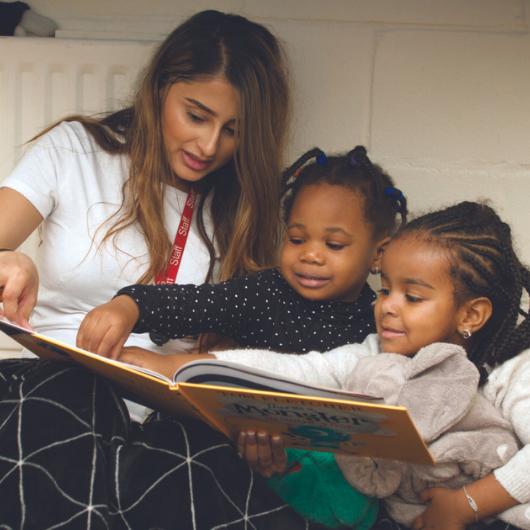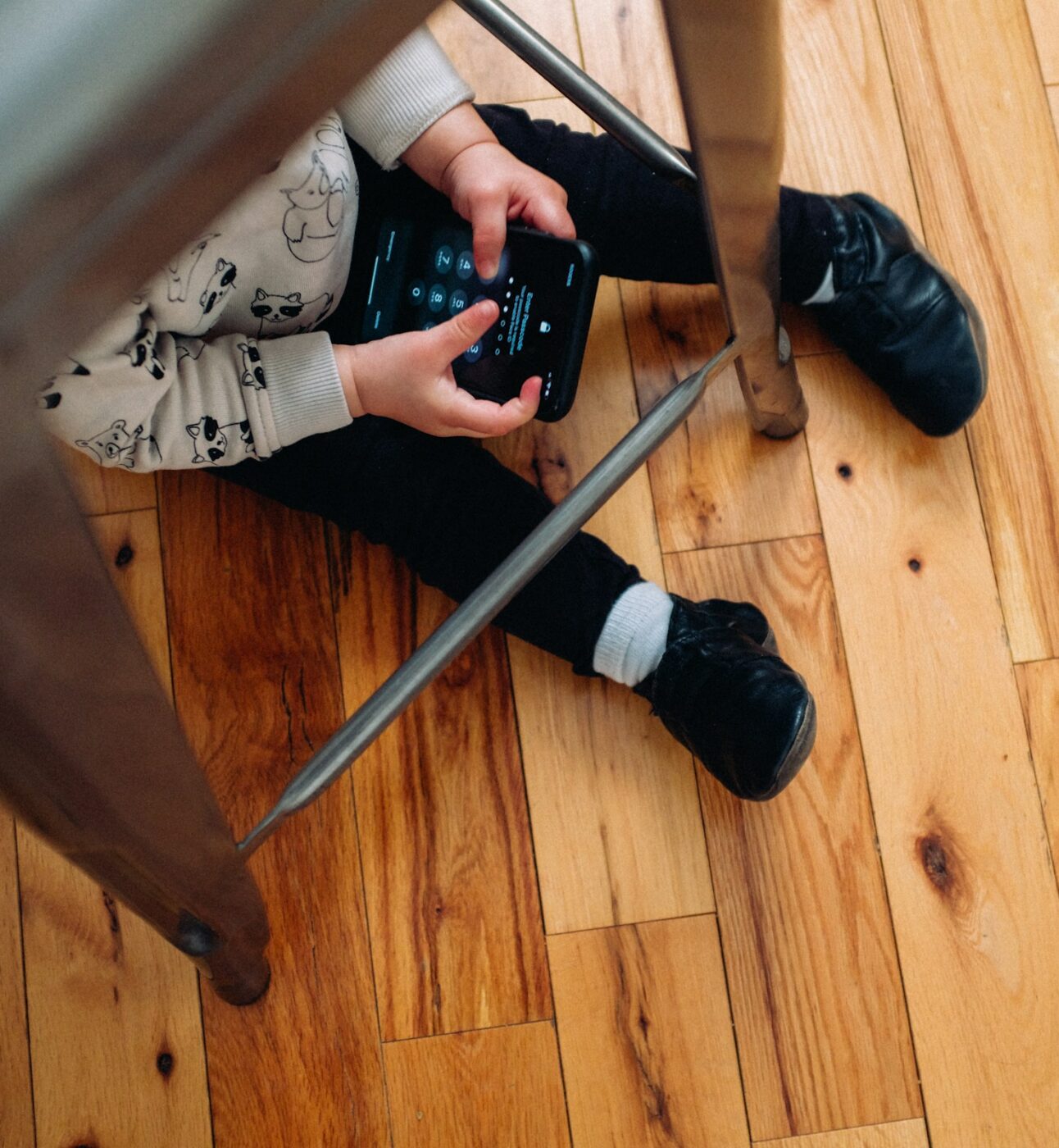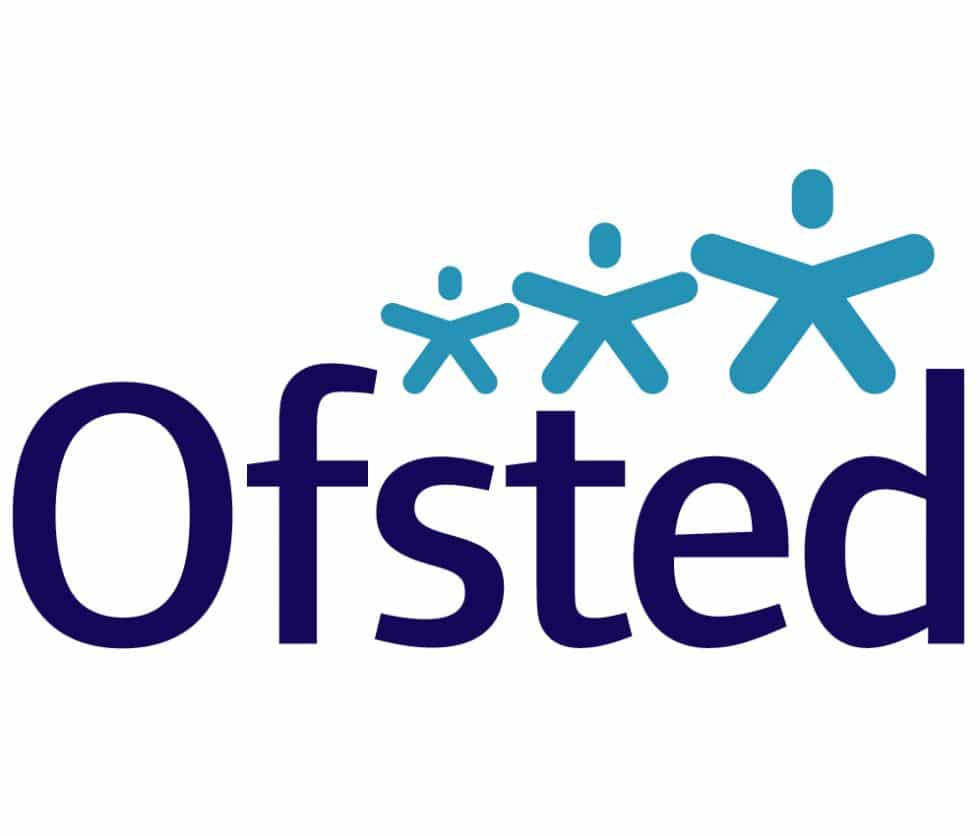
Words for Change
Launching the Reading Rights Summit in Liverpool Last week, Booktrust (where I proudly serve as a Trustee) hosted the Reading Rights Summit. We were joined by special guests, the…
December 17th 2018
“The sound a box of Lego makes is the noise of a child’s mind working, looking for the right piece. Shake it, and it’s almost creativity in aural form.” Grayson Perry, Playing to the Gallery
If you are willing to be led by children’s curiosity, then you find yourself wandering down many new learning paths. My 12-year-old nephew shifted my knowledge of Lego onto a new plane last week when he introduced me to the Lego Story. I discovered (what I should have known) that Lego is Latin for the words “ability to play well”. What a brilliant strapline for a toy company which created a play system that allows children to meld their ability and imagination into their own fantasy world.
Recently, we were delighted to meet Professor Paul Ramchandani who chaired our Margaret Horn debate. https://bit.ly/2TxF7wZ He has a wonderful job title, Professor of Play sponsored by the Lego Foundation. https://lego.build/2QqcyUE
I think my nephew was rather taken by the possibility that this could be a job and readily agreed to help me explore how we might use Lego to prompt new stories. We devised story spark where we could use a scenario made from Lego to support the children’s play. I suspect our Soho nursery will make a film and star David from Weir Link Nursery who already makes fantastic teaching resources using the Lego people.
The Lego word describing the ability to play well requires staff to understand the science of play. During recent training sessions I was surprised by how few recently qualified staff had learned the basics about the science of play. Their knowledge was lacking from the basic stages of play https://www.youtube.com/watch?v=DBv8g7VCh7Q to the seminal works of Janet Moyles.
Sadly, I am no longer shocked about what students are not being taught. It is sad for them so as an employer I am refreshing their knowledge of pedagogy which includes how children learn and how we teach, and the science of play is key. https://bit.ly/2MziBA6
I may be old fashioned, but I think to be a good teacher you need to know stuff, so you can apply it to practice. Knowing one without the other is like separating the ying from the yang.
It’s also crucial that staff can push back at policies that are crushing young children by demanding school readiness far too early. Being able to articulate how we all need to help children play well if they are to learn well can only happen if staff are knowledgeable and confident.
Read Guy Claxton’s book Educating Ruby for some an insight into this.
In the meantime, think about what you think is impacting on children being able to play by putting the following in order and then consider your own attitude to allowing the children to play. Are you sure you are not consciously or unconsciously caught up in some of this too?

Launching the Reading Rights Summit in Liverpool Last week, Booktrust (where I proudly serve as a Trustee) hosted the Reading Rights Summit. We were joined by special guests, the…

It is Good to Talk! The signs of things going wrong in society are usually first evident in small children. The widespread dependence on Smartphones is…

Ofsted has just published Report 2… …part of our series of subject-based curriculum research reviews. Do you remember the first one Best Start? This second…